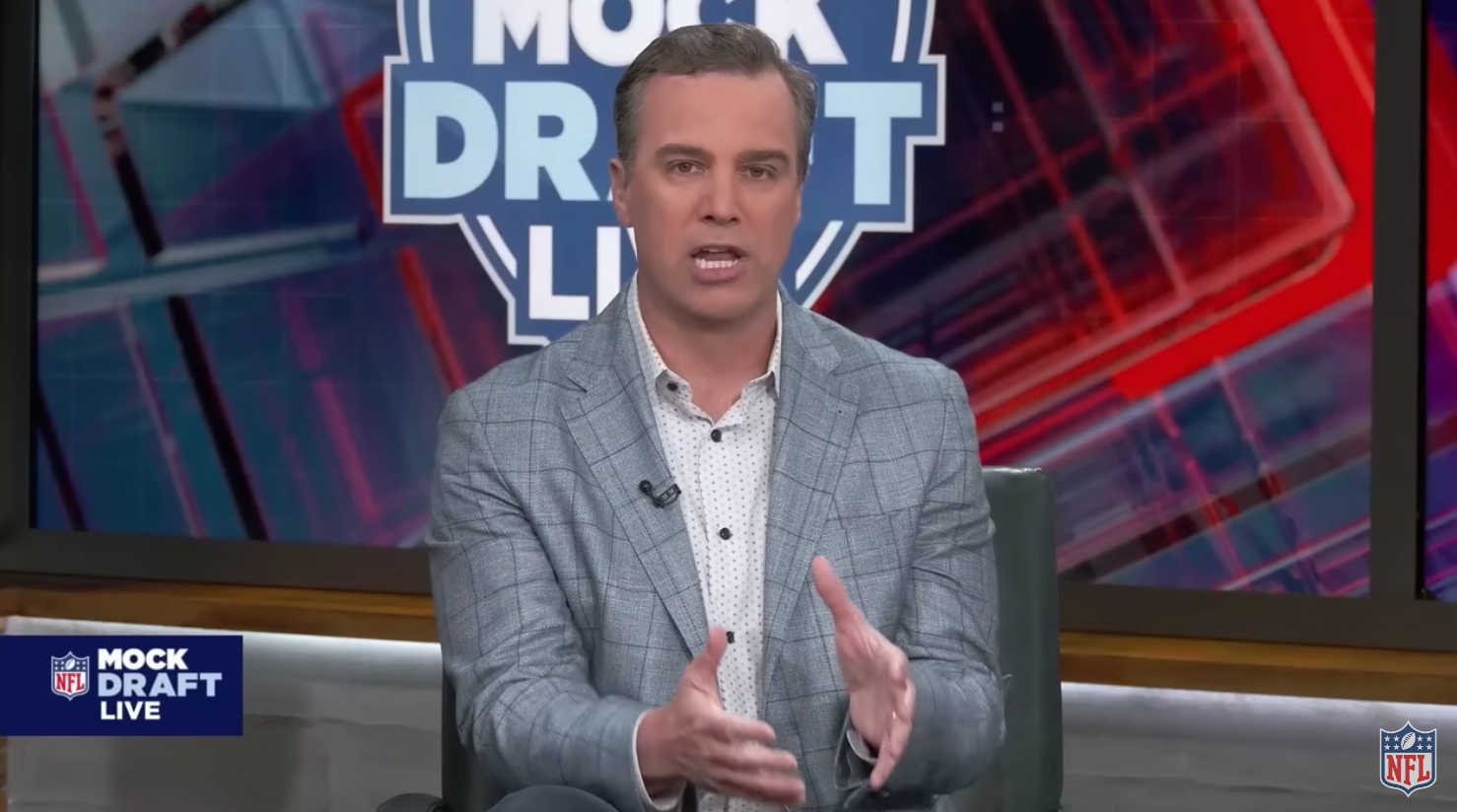Endeavor is Ari Emanuel’s agency, formerly WME-IMG, and it’s massive. It’s only grown in recent years, acquiring bits and pieces of various sports and sports-adjacent properties, and occasionally the whole thing, as with their purchase of UFC in 2016 for $4.2 billion.
Endeavor has now entered the fray in another form, acquiring streaming tech company NeuLion for $250 million.
At first glance, a talent agency jumping into the streaming content business might not seem like an easy fit, but it makes more sense when you think about the synergies that such a move can theoretically create. And for big-time agency like Endeavor, theoretically creating synergy opportunities is sort of the point. You’re only as attractive to clients as long as you can keep getting them work, endorsements, and other opportunities.
This certainly seems to qualify. Via Yahoo:
Buying NeuLion was the obvious next step. NeuLion powers back-end streaming video for the NFL (NFL Game Pass), NBA (NBA League Pass), EuroLeague (European pro basketball) and, most notably for Endeavor, the UFC. In 2016, UFC 200 was the first live pay-per-view event to stream in 4K video; NeuLion powered the streaming. The same year, UFC 205 was the first mixed martial arts fight in New York City after an almost 20-year ban; NeuLion powered the streaming.
That’s not a small thing! And according to Variety, there’s a chance that Endeavor just sets up shop on their own, starting with the UFC rights they hold when they become available:
NeuLion has worked with Endeavor before, having streamed the ballyhooed bout between boxer Floyd Mayweather and UFC champion Conor McGregor last year. Endeavor is shopping TV rights to UFC matches currently parked at Fox Sports, and the company has reportedly explored retaining those rights and going direct to consumer.
It’s another example of how the entire industry is changing as technology changes. In the past (even the very recent past), the role of a talent agency was to broker deals between artists and distributors (television networks, record labels, film studios, etc.) The client would get their contract, the distributor would get their talent and product, and the agent would get a cut for their trouble.
Now, the world is such that the agency can just become the distributor, the middleman effectively cutting out the, uh, end-man by sliding up the food chain. All it took was the ability to stream things in HD to a large portion of the population, a problem companies like NeuLion and BAMTech helped solve.
It also further squeezes traditional distributors by adding more leverage to negotiations; if they can just feasibly just keep the rights themselves, every sale is guaranteed multiple bidders. And it’s not like they didn’t have some leverage already. What does FS1 look like without UFC rights, for example?
Whether other companies have the clout and financial muscle to pull this off remains to be seen, of course, but when combined with YouTube, Amazon, and others getting into the streaming rights battle, it’s fair to wonder just how unrecognizable the sports broadcasting landscape will look within a decade.
[Yahoo]







